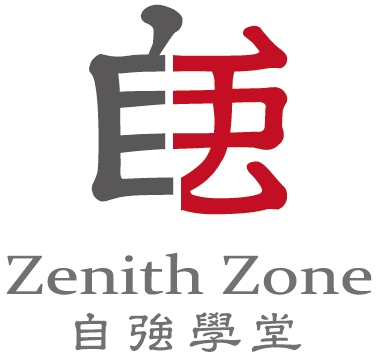Stock markets have had a very bumpy ride this year due to factors such as the Fed liftoff, falling oil prices and struggling emerging markets.
Hong Kong saw a huge selloff as the market faced additional pressure from China woes and currency volatility.
Some financial institutions have started to reshuffle their Asian businesses and headcount following the market rout.
Hong Kong is a unique international market and financial institutions from various countries are able to compete freely here.
The government rarely intervenes with administrative measures. The city also has international standard corporate governance, good infrastructure, highly-efficient taxation system and international talent pool.
All these strengths have helped the city serve as a gateway for mainland firms that seek to go global.
As of 2014, mainland companies accounted for half of all listed companies in Hong Kong, and they accounted for more than 60 percent of total market capitalization and 70 percent of market turnover. These figures continue to rise.
There were 951 mainland companies listed in Hong Kong at the end of last year, making up 62.1 percent of the total market capitalization and 74.4 percent of market turnover.
Last year, Hong Kong’s IPO fund-raising reached HK$261.3 billion, helping the city reclaim its global IPO crown. Up to 80 percent of the funds raised from IPOs flows to mainland Chinese companies.
Therefore, the Hong Kong market is no longer an overseas market, but more of a local market for China. That has presented great opportunities as well as new challenges for mainland companies.
Mainland brokerages achieved huge progress in recent years. However, foreign banks still dominate the investment banking space and control market pricing power.
To improve the situation, Chinese firms need to improve their investor relationship management and global asset allocation capability.
Brokerages should enhance cross-border business by leveraging Hong Kong’s unique strengths.
Utilizing the city’s well-developed legal system and supervision framework, mainland companies should establish proper management framework, stringent compliance and risk management systems, highly-efficient work flow and advanced information systems.
Also, they need to create good incentive and motivation system to attract global talent and explore new business opportunities.
Meanwhile, they should commit more resources to developing local business in Hong Kong. Firms should have long-term vision and more patience in developing cross-border business in the city.
In addition, they should leverage their own strengths to survive intensifying market competition.
The firms should ensure proper systems to connect mainland and Hong Kong resources in order to achieve efficient and seamless coordination and boost onshore business growth along with offshore expansion.
This article, published in the Hong Kong Economic Journal on Jan. 27, was contributed by Li Bingtao, chief executive of Everbright Securities Co.
 Latest News
Latest News- ▪ 出境主题游与医疗旅游峰会暨展览2020顺利
- ▪ 5th Global Retailing e-Commerce Confer
- ▪ 首届全球金融科技与区块链中国峰会2017落
- ▪ 第二届全球VR/AR中国峰会2017完美落幕
- ▪ Inaugural Global Fintech & Blockchain
- ▪ Exclusive E-Commerce High-Level Delega
- ▪ 2nd Global VR/AR China Summit 2017
- ▪ 第七届中国跨境电商峰会暨展览
- ▪ Sino-Turkish e-commerce site open
- ▪ China's manufacturing sector to see hi
- ▪ Baofeng reveals three acquisitions as






















































































































